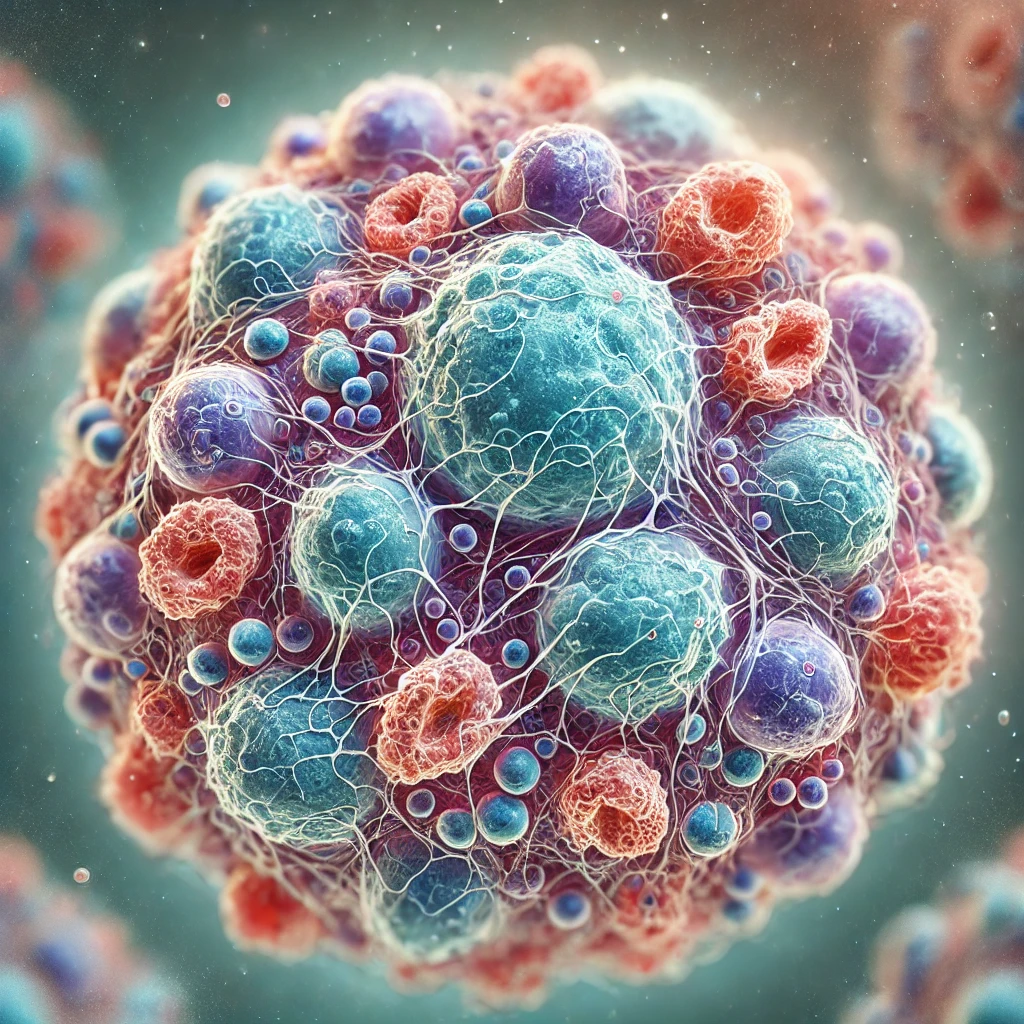Prostate Cancer
Prostate cancer is a type of cancer that occurs in the prostate, a small gland in men that produces seminal fluid. It is one of the most common cancers in men, particularly as they age. Many cases of prostate cancer grow slowly and may not cause significant symptoms, while others can be more aggressive. Symptoms may include difficulty urinating, blood in the urine, or pelvic discomfort. Treatment options depend on the stage and aggressiveness of the cancer and can include monitoring, surgery, radiation therapy, hormone therapy, or chemotherapy. Early detection through screening can help manage the disease effectively.

Name | Description |
|---|---|
Acinar Adenocarcinoma | Most common type of prostate cancer characterized by small glandular units. |
Basal Cell Carcinoma | Rare tumor arising from basal cells of the prostate gland. |
Cribriform Carcinoma | A rare variant with a cribriform growth pattern. |
Ductal Adenocarcinoma | Aggressive variant of adenocarcinoma arising from prostatic ducts. |
Mucinous Adenocarcinoma | Characterized by extracellular mucin production, rare and potentially aggressive. |
Signet Ring Cell Carcinoma | Extremely rare and aggressive prostate cancer variant. |
Small Cell Carcinoma | Neuroendocrine tumor with poor prognosis and rapid progression. |
Squamous Cell Carcinoma | Rare and aggressive cancer with poor response to treatment. |
Transitional Cell Carcinoma | Rare type originating from the urothelial cells of the prostatic urethra. |